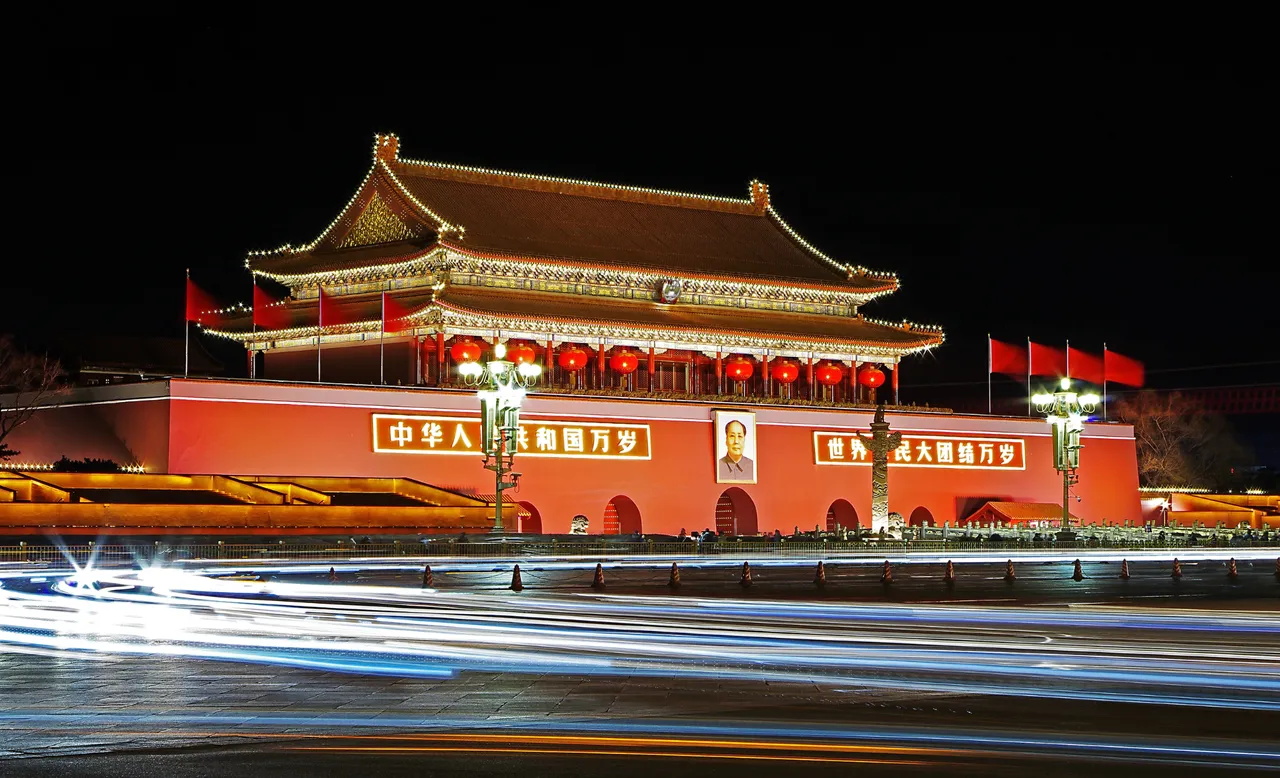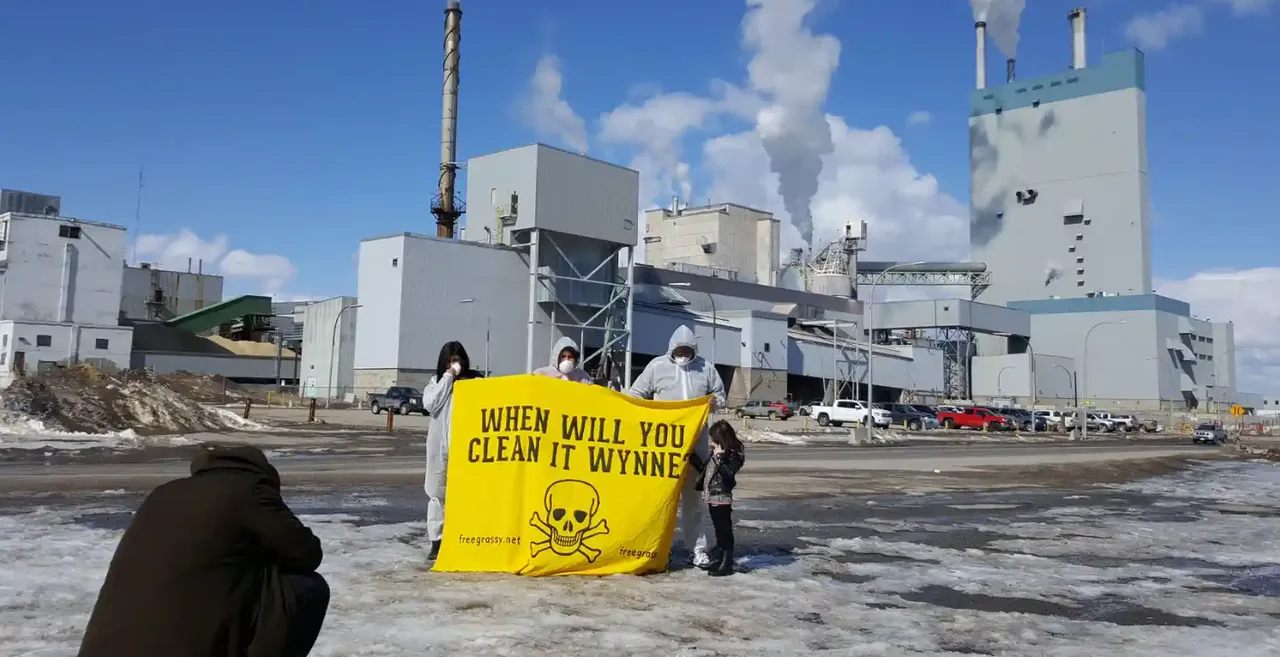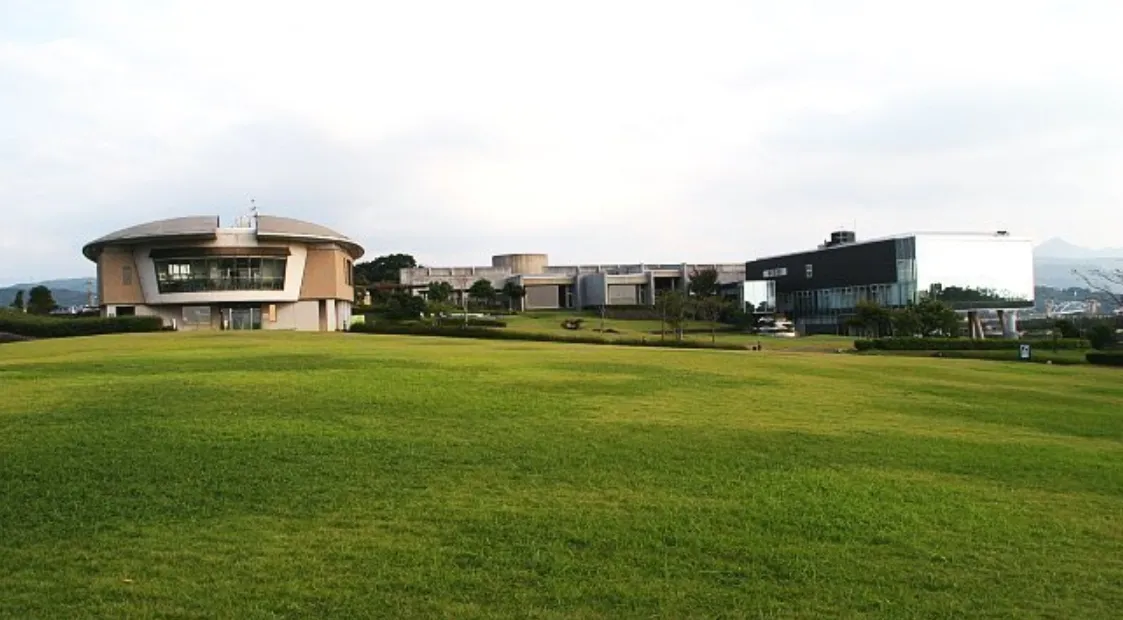Qin Shi Huang Di, the first emperor of China, sought out his rite of eternal life. After forming the empire, he mandated the search for an elixir of life. Eventually, it led him to find his path towards immortality in the form of mercury ingestion. Unfortunately for him, his search led him to a path unintended.

Photo by Wu Yi on Unsplash
Qin Shi Huang Di's legend lives on, in my generation, as a wayward tale to be careful about what you wish for when attempting something based on less than all the facts (XinhuaNet).
Pre-face

Image by TeroVesalainen from Pixabay
We don't always get what we want out of life. The statement is true regardless of whether you are China's first emperor or just another person on this planet. However, we owe it to ourselves and those we live amongst to make sure our world is as safe and sustainable as possible. What we do affects the surrounding environment. We must take care to ensure the price for what we want isn't too great to bear.
An Elixir of Poison
Mercury isn't an elixir of life. Instead, it is a poison whose toxicity affects neurologic, gastrointestinal (GI), and renal organ systems. You can inhale it, inject it, and even absorb it through the skin. The most deadly form of mercury is dimethylmercury (OSHA).
Dimethylmercury
Dimethylmercury is so toxic that one experienced researcher got two drops of this substance on top of her latex glove. What remained of those drops permeated her gloves and became absorbed by her skin. She died ten months after exposure. Actions taken to mitigate exposure was too late to be effective following the onset of symptoms.Toxicity and some Common Sense
Fortunately, science appears to be phasing out this particular compound of mercury. However, our society widely uses, or produces, more common forms of mercury through industrial processes.
Reckless Corporate Behavior
Minamata Disease
Sometime during 1951, a fertilizer company in operation near the residence of Minamata, Japan, started dumping massive amounts of mercury into the surrounding waters as part of their day-to-day activities (History). Mercury poisoning spread from local wildlife to the local population of humans. Due to political red tape, the local community and government didn't resolve the issue until the early 1970s. It appears ignorance, and a need to profit, lead a company to decide that it was just peachy to dump waste into the surrounding waters everyone uses.
The Warrior Society

Between the years of 1962 and 1970, the Reed Paper Company of Ontario, Canada, dumped approximately 9,000 kilograms of mercury into the Wabigoon and English River systems. Their actions contaminated the surrounding lands, waters, and wildlife.
The Minimata disease, that same disease still affecting the people of Minimata today, struck the indigenous population of Ontario hard. They once lived and thrived off of the land that sustained their ancestors. Now, the contamination is killing them (The Guardian).
The government is too slow and uncaring to act to resolve the issue in a timely fashion. Instead, the government wishes to wait for nature itself to reduce the contamination without human intervention. The estimated time for this to occur is approximately 70 years. Who wants to wait that long? Shunned by their government, the First Nations people of the Grassy Narrows in Canada continue to suffer to this day (The Guardian).
Prologue
Poor business practices and a need for profits drove the mercury pollution of the areas we've discussed. Additionally, a lack of oversight and action by the government allowed the problem to exacerbate over time. The results are ecosystems that will take decades to recover, and a population of humans that may live in despair that no one will help them.
In Conclusion
 Image by TeroVesalainen from Pixabay
Image by TeroVesalainen from Pixabay
Thank you again to the Steem community for reading this work. As always, I hope this sheds some light on past wrongs committed against the earth and humanity. We should all ask ourselves what, if any, contribution we had in causing these problems. I don't write this as a means of casting aspersions.
In my profession, any error in the workplace requires an analysis to derive a root cause of the failure. Once we complete that analysis, the industry demands that we set measurable actions to report the event and ensure it does not occur again.
I wonder what would happen to society if we all performed such an action.







